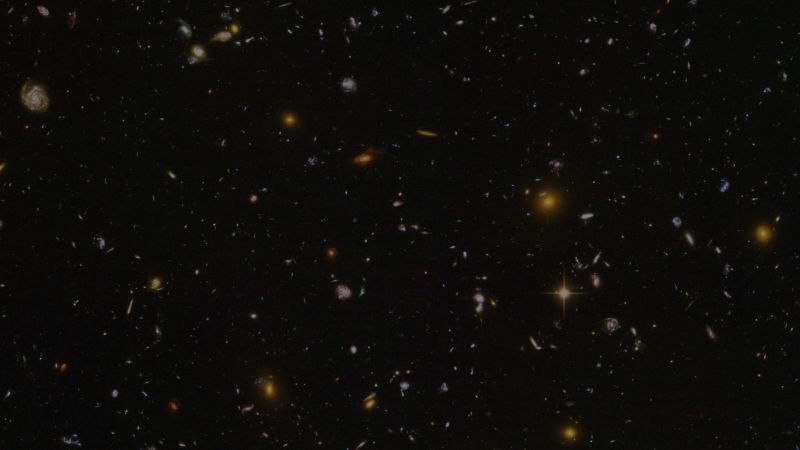Understanding the Impact of Global Warming on Meteorite Evidence in Antarctica
Undoubtedly, Antarctica is a treasure trove for meteorite researchers. This icy land has a tendency to accumulate and store these ancient space artifacts, preserving them as though temporarily trapped in a chronological light. However, recent research suggests that global warming could irrevocably change this, causing invaluable meteorites to be lost to the ice oceans below, ramping up the urgency for collection and preservation of these significant celestial fingerprints.
The effect of Antarctica’s ice surfaces acting as an efficient preserving surface for meteorites is a well-established phenomenon. Thanks to its cold and arid climate, erosion is minimal, rendering it a perfect vault for these natural artifacts. However, global warming presents a deeply concerning paradigm shift in the dynamics of this natural vault operation.
As the polar continents warm, the rate of ice sheet loss in these regions has tripled in the last decade. An article recently published in the scientific journal Nature, revealed a disconcerting scenario where an increase in global temperatures could lead to a disproportionate level of ice loss, threatening the preservation, and hence scientific examination, of the meteorites under these ice sheets.
Meteorites are essentially fragments of asteroids, moons, and other celestial bodies that survive their fiery journey through the Earth’s atmosphere and reach the ground. They are an invaluable resource to scientists, providing insights into the early solar system composition and development along with indications of potential extraterrestrial life.
In the window of the Anthropocene – a period characterized by environmental changes driven predominantly by human activities – the rapidly changing climate threatens the retention and recovery of meteorites, stirring urgency among researchers.
Research led by a team from the University of Manchester utilized computer modeling to predict future trends in ice melt. They coupled this with observed evidence of current meteorite distributions to paint an unnerving picture of meteorite loss to the oceans beneath.
Their methodology was centered around understanding the relationship between two climatic variables: meteorite stranding zones (MSZ) and blue ice areas (BIA). MSZs are areas where meteorites seem frozen in time, while BIAs have unique ice dynamics that expose embedded meteorites. The accuracy of the study was validated with observed data over the period 1988-2016, underpinning a model that provided grim projections for the future.
As global warming accelerates ice melt, the balance between these two variables is upset. The duration under which the meteorites remain accessible on the surface decreases, while the number of meteorites transported to the bottom abounds. The collated results suggest that fewer meteorites will be stranding on the ice surface within the next seven decades, thereby reducing the finite time-window left to recover these precious artifacts.
The results of the study provide both theoretical and practical consequences. Theoretically, the study highlights the rapid alteration of Earth’s natural meteorite archive and the loss of precious returned samples” from outer space. On a practical level, it calls for immediate measures to increase efforts in meteorite recovery and preservation.
In a broader context, the findings underscore the fact that our planet’s geological and environmental reserves, with their stored information about outer space and the history of the universe, are being rapidly disrupted by anthropogenic climate change. The perturbations not only include known changes like biodiversity loss but also unforeseen consequences such as meteorite loss which might affect our understanding of the cosmos.
In conclusion, the alarming pace of global warming is not just changing Earth’s climate and biodiversity but is also affecting the way we study celestial bodies and our universe. While the focus is often on warming temperatures and rising sea levels, the additional impact of climate change on meteorites in Antarctica serves as yet another rallying call for immediate and drastic action against global warming.




